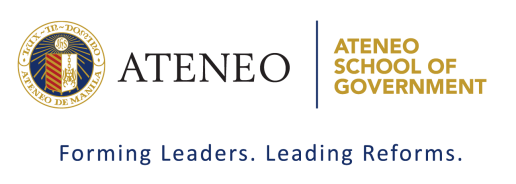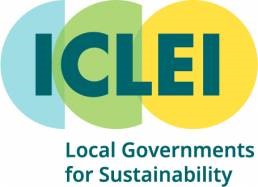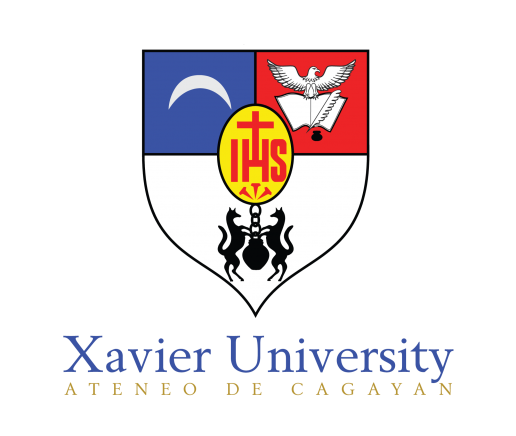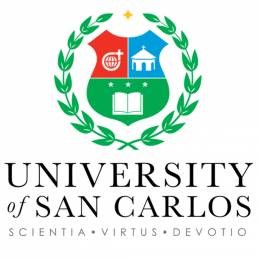
The European Union
With €3.89 million in funding support to ASEP-CELLs, the European Union (EU) provides strategic guidance to ensure that the project’s services are aligned with the Access to Sustainable Energy Programme of the Department of Energy and the EU.

Ateneo School of Government
Ateneo School of Government (ASOG) serves as the main implementer and overall coordinator of ASEP-CELLs. Recognized as a strong ally of the Philippine Government in developing energy and climate policies, ASOG is also an international supporter of the United Nations Framework Convention on Climate Change, among others, in pushing for global cooperation and immediate action towards low carbon development.

Manila Observatory
Manila Observatory (MO) leads the scientific, technical and research services on knowledge production, development and management for renewable energy, energy access and energy efficiency information, policy and decision support. MO’s expertise will support ASEP-CELLs’ knowledge management, capacity-building and advocacy activities through its (i) Regional Climate Systems Laboratory, (ii) Geomatics for Environment and Development Laboratory and (iii) Air Quality Dynamics and Instrumentation and Development Technology Development Laboratory.

ICLEI-Local Governments for Sustainability Southeast Asia Secretariat
ICLEI-Local Governments for Sustainability Southeast Asia Secretariat (ICLEI-SEAS) fosters knowledge sharing, peer-to-peer learning, and international networking among local governments. ICLEI-SEAS’ capacity-building services will guide partners to develop measures towards low emission rural and urban development pathways for a smooth transition to sustainable renewable energy solutions. ICLEI-SEAS will also assist the three CELLs in the development of local champions who will advance sustainable energy policies and solutions in the country.

Xavier University
Xavier University (XU) is committed to the growth of communities in the areas of energy and environmental management, techno-entrepreneurship, agro-industrial processes and urban-rural development in Mindanao. Thus, the institution leads socio-economic and technical researches in renewable energy, energy access and energy efficiency in the region. Under ASEP-CELLs, the University will serve as the research, training, advocacy-support hub in Mindanao.

University of San Carlos
University of San Carlos (USC) functions as ASEP-CELLs’ institutional partner in the Visayas. The University’s Center for Research in Energy Systems and Technologies (CREST) focuses on basic and applied research to solve current and potential problems and provide alternative energy production methods with emphasis on efficiency, affordability, sustainability and environmental impact.

